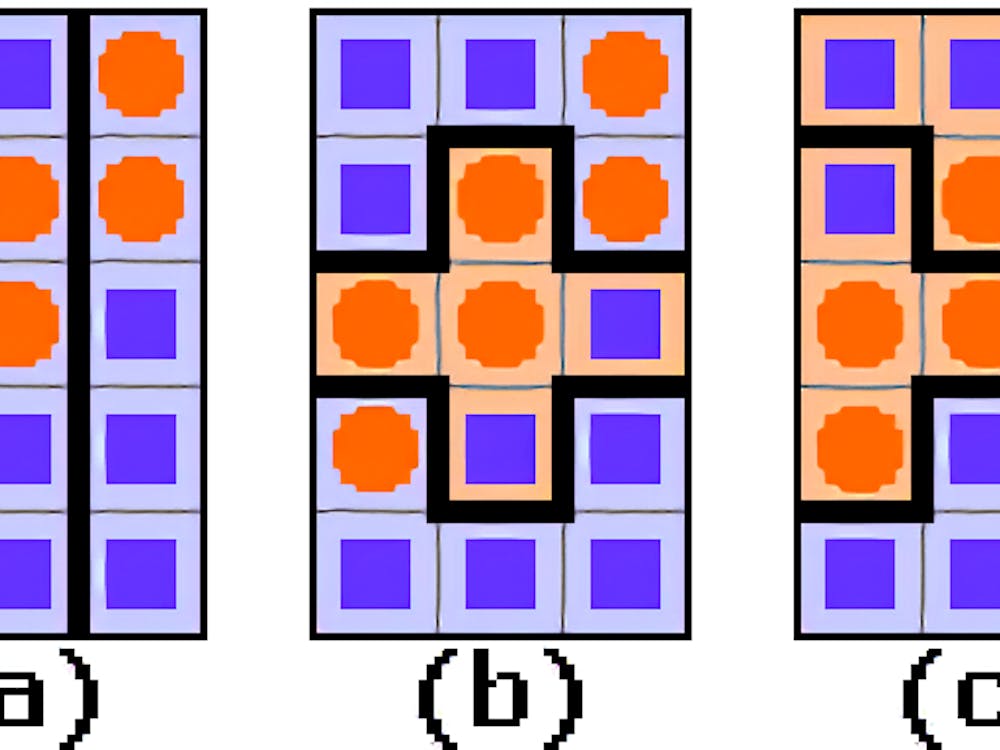I have a love/hate relationship with drones that is ironically based on my romantic relationships. I remember my first exposure to the notion of “unmanned vehicles.”
My boyfriend was a mechanical engineer, the best in his class. We were eating dinner one evening, sipping a spicy Rioja and chatting casually about autonomous systems (as one does at Hopkins). He told me about the projects he was looking at in various MechE graduate labs, and his descriptions were astonishing. He told me about quadcopters that could construct buildings and wheeled robots that could sense approaching objects and change their location to avoid collision. We watched TEDTalks on robo-insects that could climb walls like geckos. Machine-learning algorithms that could look at a series of pictures and group them according to independently determined sets of characteristics.
To an engineer, these were all just tricks of the trade, but to a simple International Studies major like myself, I was starstruck. He talked technics, but I translated his words into the language of economics. This robotic world was a flourishing arena of opportunity for technological advancement and higher standards of living. Private companies wishing to lead the breakthrough into the autonomous control systems market would have more motivation to fund research in U.S. graduate programs. Increased investment in research would stimulate productivity over time, thus increasing income per capita, and ... America would prevail. And we’d have robots.
Sadly, that segment of my life ended, and I have segued to a new school, a new boyfriend and an entirely new vocabulary. Instead of talking to an engineer about the complexities of autonomous robotic systems, I talk to my Marine about the tactical and strategic use of drones. The semantic shift from “UAV” to “drone” showed me the drastic difference in perceptions and ethical values attached to either term. Most people associate drones with war, and so it’s understandable that national sentiment towards drones has pretty much trended towards the negative. But which situation would I rather see: a drone targeting Yemeni terrorists in downtown Sana’a? Or my boyfriend, dressed in camo with an M16 strapped to his back, heading off in a helicopter to do the job himself?
We are past considering whether drones should or should not be used. The fact is that the technology has been made and it’s here to stay. The problem is that the role of drones is not a zero-sum choice between two black and white outcomes; there’s an entire spectrum of contingency in between. The commercial use of UAVs is not as romanticized as MechEs in their labs like to think.
As more and more local police forces consider using small drones for surveillance, the pushback from adamant communities has broken into the national spotlight. The police do not have the right to step into your home and search your property without a warrant, but they can fly helicopters over your fields to check for marijuana in the cornstalks (except for you, Colorado, you’re off the hook). Is there a difference between a plane 80 feet off the ground and a quadcopter eight feet off the ground? Normatively, yes. But how can we translate that into legal standards?
The de facto understanding is that the Joint Chiefs of Staff can do as they please operating Predators in Pakistan, but as soon as the idea of drones on American soil becomes reality, the word “unconstitutional” gets thrown around a lot more often. Rand Paul’s belabored question, “can drones be used to target Americans eating dinner at home?” is meant to foment indignation within the public, but it’s the wrong question to ask. Any science techie, or science techie’s ex-girlfriend, can answer that. The more pertinent question that we, as members of the concerned intellectual community, should consider is: not can, but will drones be used to target Americans eating dinner at home?
My immediate response to this is, well, are you a terrorist? which would definitely win me approving smiles from my boyfriend’s classmates at the Naval Academy. My second reaction is a bit more discerning, because to me, the question of whether drones will be used to target Americans at home is a legal question: how are drone strikes authorized? Under the Authorization for Use of Military Force (AUMF) passed in 2001, President Obama has the legal powers to authorize any force deemed necessary against those linked to 9/11. According to a recently leaked internal Department of Justice memo, that authority can technically apply to American citizens linked with terrorist activities and who still live in America. Now, is this cause for concern?
I leave these issues for you all to ponder. Boyfriend one taught me how drones work. Boyfriend two told me how they are used. Maybe now I need a third to teach me how they should be regulated. Should there be a domestic legal framework under which the drone program is required to operate? Can police forces use UAVs for surveillance purposes? Who are better kissers, Marines or MechEs? I don’t have all the answers (though I probably have at least one), but my challenge to you is not to look for the right answers; look for the right questions.
Miriam D’Onofrio is a senior International Studies and East Asian Studies double major from Rochester Hills, Mich. She is the political columnist for The News-Letter.




